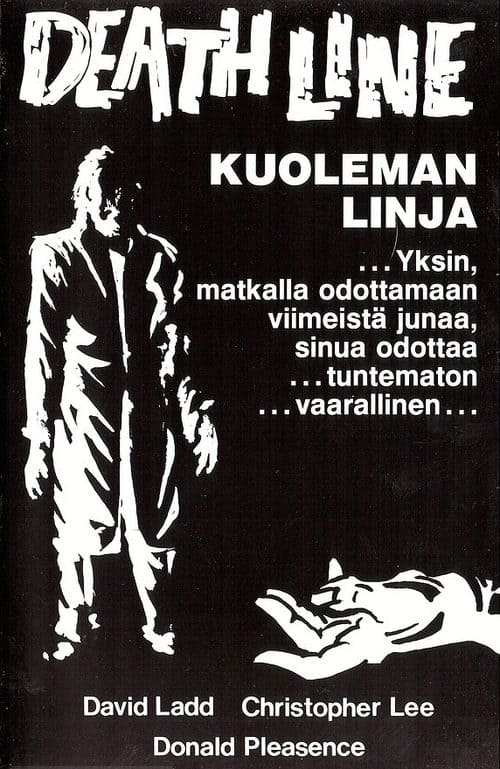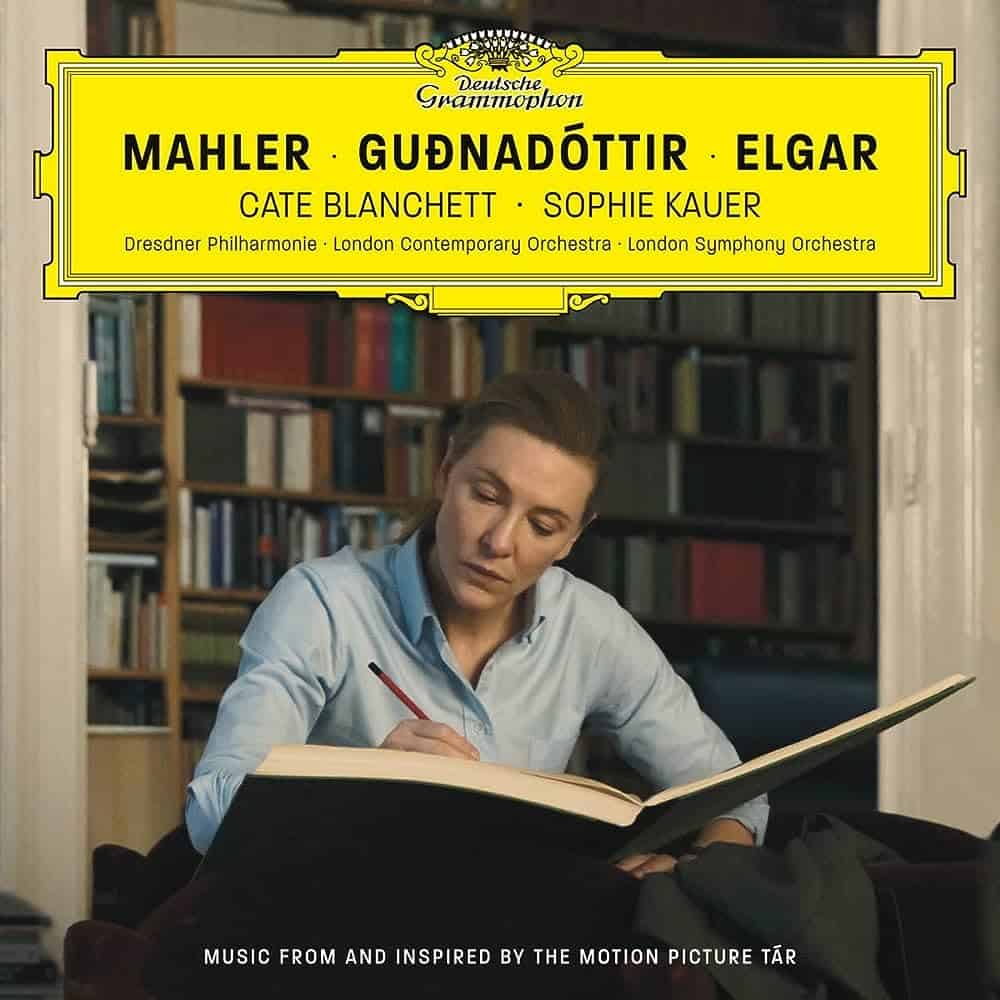
Film music can be incomprehensible when detached from the underlying film. Snippets of ascending strings building tensions, rhythmic unaccompanied drums, or ominous rumbling synths build atmosphere for the images on screen. But they have trouble standing on their own. They lack an overarching composition, instead feeling like sporadic, unconnected sounds. On Death Wish, Herbie Hancock overcomes this discrepancy by effectively creating two scores. One is built for the film: stripped down, filled with incidental cues and interspersed with snippets of longer compositions. The other is a standalone release, with robust compositions, creating full-bodied versions of those tracks appearing in the film.
The Standalone Score
Of the two, the standalone release is far superior. It lets Hancock go overboard with funky jazz fusion experimentations that serves as a foil for the film’s straight-faced, fear mongering tone. Fat, groovy bass lines and soaring string arrangements sweep the listener up in a positive delirium, detached from New York’s rampant crime. This rise makes the discordant crash beginning in “Do a Thing” all the more powerful.
The back half of the score, particularly “Medley: Suite Revenge” and “Fill Your Hand,” showcases Hancock’s compositional mastery. He mixes repetitive string sections, piercing discord, clashes of walloping randomness, and more traditional tension-building progressions to create the sounds of chaos and violence. These elements all explode together in breakneck noise groove that is at once discomforting and groovy.
The Film Score
Hancock’s score in the film is very similar to the standalone release, only eroded to its core elements. The melodies, tone, and emotional impact remain, but the compositional robustness is gone. The overwhelming funk and jazz, left unaltered, would have overwhelmed the film. Hancock remains reserved, content to play incidental cues to enhance, but not conflict with, the film. The opening credits, climax, and end credits allow Hancock to flex his musical prowess, but he is otherwise kept needlessly caged.



